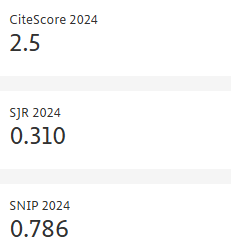A Data-Driven Estimation of Drug-Specific Parameters in a System of Differential Equations Used in a Four-Compartment Brain Model for Brain Cancer Therapy
- Published: 03-08-2025
Share
Knowledge of drug penetration and exposure in the human central nervous system (CNS) is critical to the development of new drugs and the optimal use of current drugs for effective treatment of brain cancer. Compartment modeling in pharmacokinetics uses a mathematical approach to describe how drugs are distributed and eliminated in the body through a system of differential equations, incorporating drug- and system-specific parameters. Accurate parameter estimation is crucial for modeling drug behavior in the body and ensuring the effectiveness and safety of medications while inaccurate estimates can weaken pharmacokinetic predictions, slowing down drug development and clinical practices. This study employs a four-compartment brain model that it closely mimics the human brain functionally for the drug delivery to estimate critical drug-specific parameters. We present a detailed algorithm for parameter estimation based on the system of differential equations and validate our results through multiple steps. This analysis also yields key pharmacokinetic metrics, such as Cmax, Tmax, AUC, and half-life, all of which are vital for optimizing dosing strategies, predicting therapeutic outcomes, and reducing adverse effects. To make the model accessible to a broader audience for parameter estimation, we developed a user-friendly, web-based R/Shiny platform and used it for simulations in this work.
- View 800
- Downloads 131
- Saveds 0
- Citations (Crossref) 0


